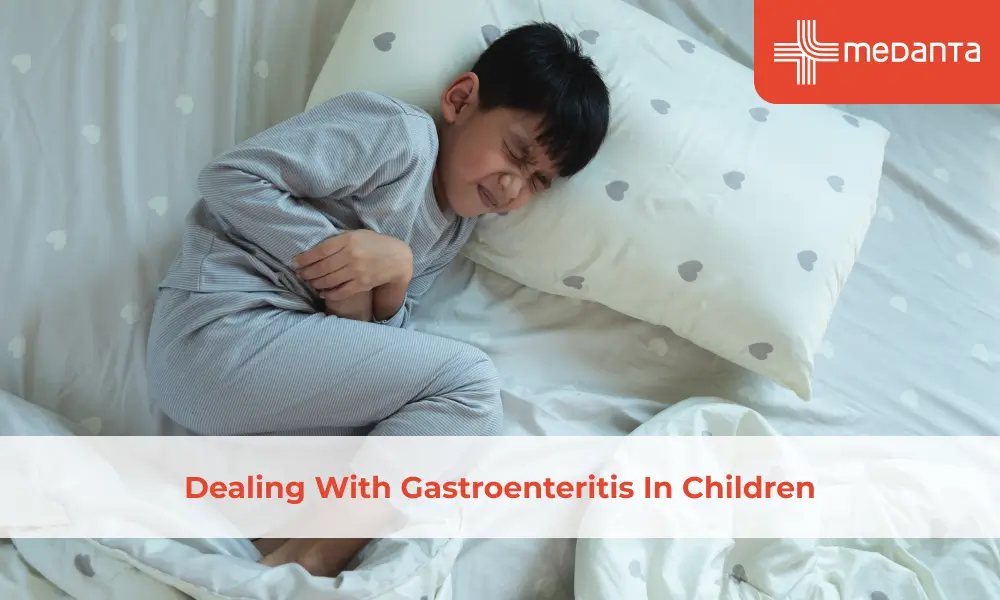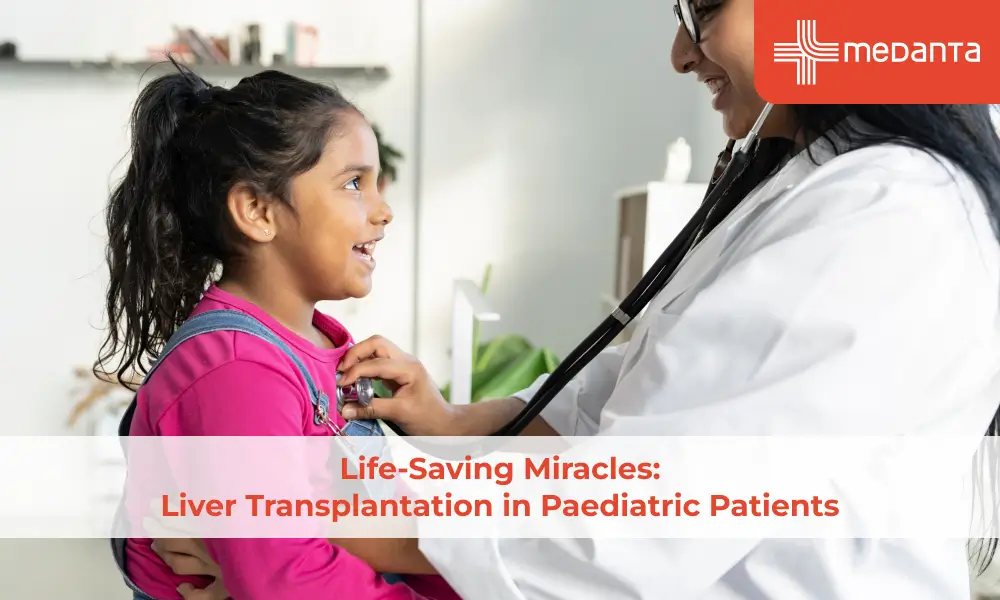Dealing With Gastroenteritis In Children

Gastroenteritis is an ailment that affects the digestive tract of individuals, causing symptoms such as watery stools, vomiting, and stomach cramps. Often referred to as the stomach flu, it is a sickness that frequently plagues children across the world, affecting more severely those with little or no access to quality medical care.
For children, the possible sources of contracting gastroenteritis are widespread. Anything, from swimming in contaminated water to touching animals that may be suffering from diarrhoea, can transfer the pathogen to a child. This pathogen can be a virus, bacteria, or a parasite.
Identifying Common Symptoms

Symptoms of gastroenteritis can range from mild to severe depending on the individual. They are generally known to last for 2-3 days. Occasionally, however, they could persist longer, going on for about 10 days. Common symptoms of gastroenteritis include:
- Watery stools
- Nausea, vomiting or both
- Abdominal cramps and pain
- Occasional muscle aches or headaches
- Low-grade fever
Dealing with Symptoms
The treatment process for gastroenteritis simply involves treating individual symptoms as they occur and waiting for the ailment to pass. For a healthy adult, recovery will be relatively quick without any complications. However, for children, recovering from the illness could take a little more time. It is important to note that if adequate care is not taken the sickness could quickly spiral into complications.
You should take your child to a doctor if you notice the following symptoms:
- A fever of 102 Fahrenheit (38.9 Celsius) or higher
- Extreme lethargy or irritability
- Extreme discomfort or pain
- Bloody diarrhoea
- Dehydration
Children will often not realise they are dehydrated. As a caretaker, watch for signs of dehydration by comparing how much water they generally drink with how much they are consuming while ill. The same goes for their toileting habits. Decreased urination is a sign of dehydration.
If you have an infant suffering from gastroenteritis, you may notice symptoms of vomiting. It is important to not confuse vomiting with spitting up. Spitting up is common and can be a daily occurrence, but vomiting in babies generally warrants immediate medical attention.
Contact your paediatrician immediately if your baby has been vomiting over the past several hours, hasn't had a wet diaper in six hours or has severe diarrhoea, has a dry mouth or is crying without tears, and is unusually drowsy or unresponsive.
Taking Precautionary Measures

Gastroenteritis can be distressing for your child. Taking the right precautionary measures will ensure that you keep your child safe. Here are a few tips to consider.
- Make it a habit to wash hands
Teaching your children to wash their hands can go a long way in ensuring they do not ingest any harmful germs that can cause gastroenteritis. Ensure that they wash their hands before eating their meals and after using the toilet. Use a bar of soap or a hand wash, and rub hands vigorously for at least 20-30 seconds while washing. Remember to wash well around the cuticles and under the fingernails. If you have no access to water and soap, a hand-sanitizer can be of help.

- Disinfect and clean your home
Sometimes, your children will contract a certain virus or bacteria from a source object within the house. This could be from a dirty shoe, a faucet, a doorknob, a toy lying on the floor, or even a pet. Ensuring that your home environment is clean and free from germs will help avoid infections such as gastroenteritis. You should also go a step further to ensure that your child’s school or day care centre is well-maintained and germ-free. - Avoid close contact with infected individuals
This goes without saying. A good tip to keep in mind is to have every individual in the house use their own towels, cutlery, and clothes. At times, even a sick pet could be carrying a virus or a bacteria that can infect your child. So, be mindful of what your child is exposed to.
For a person with a healthy immune system, gastroenteritis can be fairly easy to deal with. However, the sickness can be fatal for infants and old adults with limited immunity. Along with the tips suggested above, consider drinking only clean boiled water, cooking food well, and avoiding raw and undercooked foods. For those already affected by gastroenteritis, perhaps the most important symptom to watch for is dehydration.






